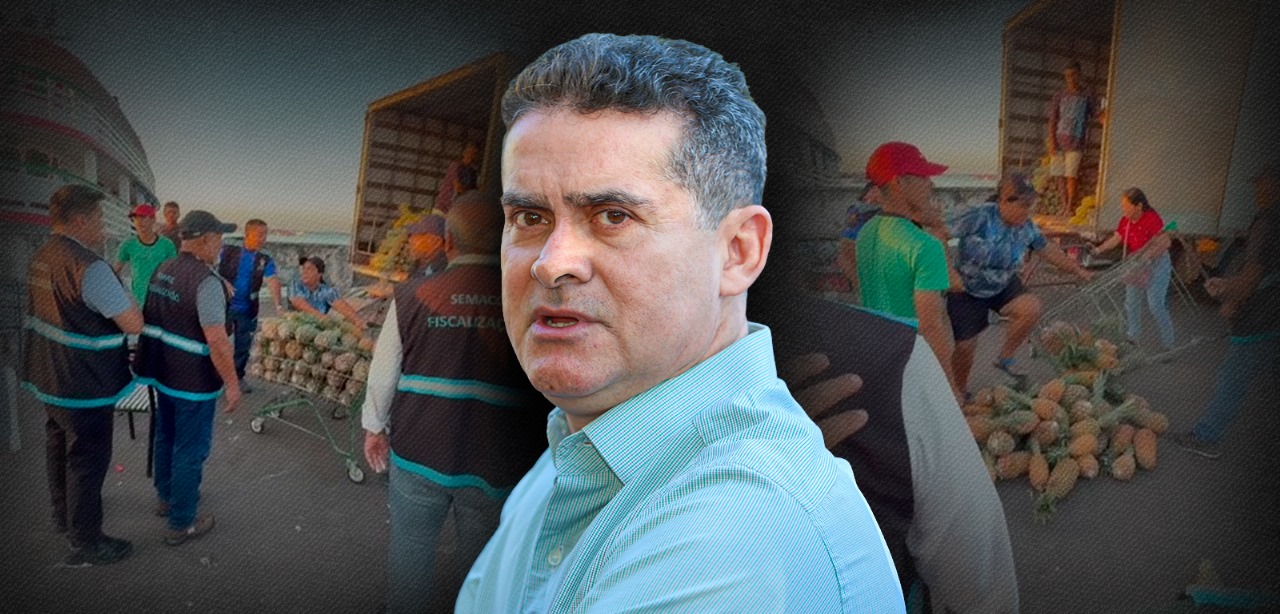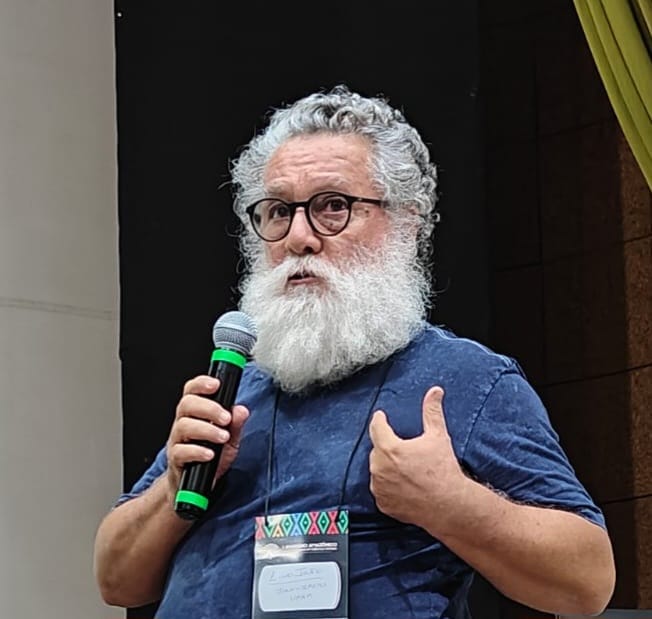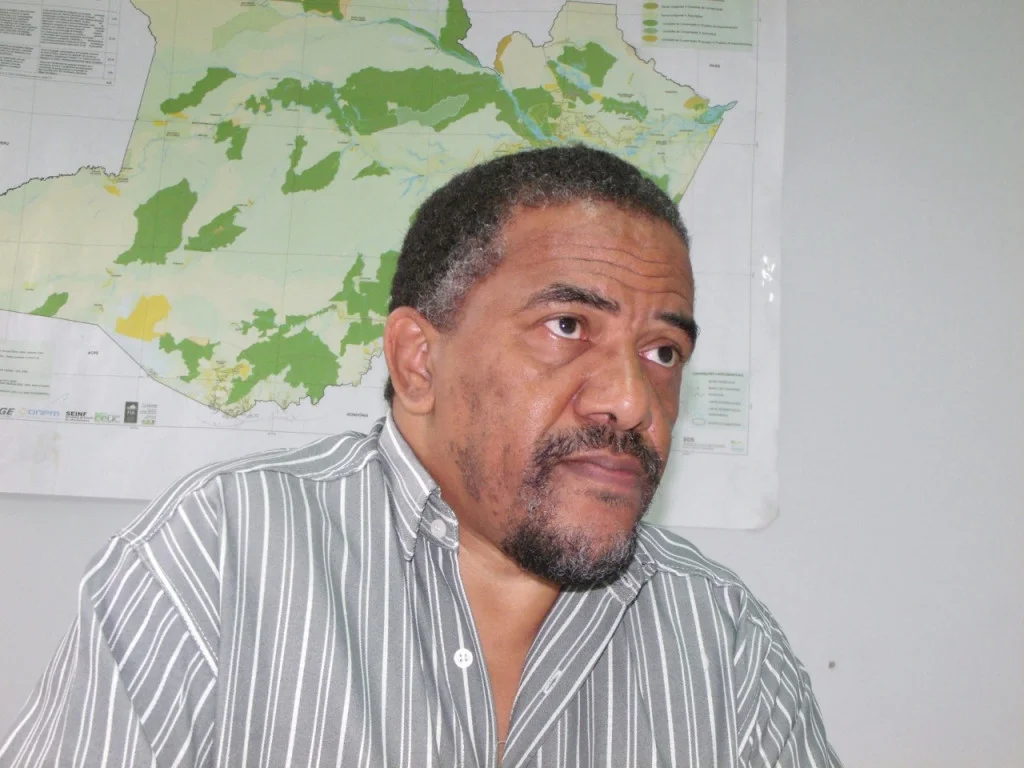Experts see ‘social cleansing’ in Manaus City Hall’s actions in the downtown area
06 de August de 2025

By Marcela Leiros – From Cenarium
MANAUS (AM) – Experts interviewed by CENARIUM on Tuesday, the 5th, point out that the Manaus City Hall, under the administration of Mayor David Almeida (Avante), has been carrying out what they call “social cleansing” or “social sanitization” in the city’s downtown area, through a series of operations that the municipal government calls “revitalization.” The experts base their assessment on the seizure of equipment belonging to informal workers operating in the area, forcing them to move from a tourist district to other locations in the city.
As previously reported by CENARIUM, on Monday, the 4th, agents from the Municipal Secretariat for Agriculture, Supply, Downtown and Informal Commerce (Semacc) forcibly took products from a pineapple vendor working in the Porto de Manaus area. Other street vendors also reported aggressive actions from the agents that prevent them from working in the area.
In a statement sent to the press, City Hall said it had launched, on that same day, the fifth edition of the “Task Force in the Neighborhood” (Mutirão no Bairro), an initiative involving 16 municipal secretariats in a “joint operation for infrastructure, urban cleaning, mobility, regulation, and social assistance.” The operation is expected to last 90 days and will cover more than 50 streets, mainly in the region that annually hosts the Passo a Paço Festival.
Anthropologist and PhD in Development Sociology and Social Transformation, Lino João de Oliveira Neves, believes the recent actions by Manaus City Hall, aimed at reorganizing the downtown area by preventing street vendors from working there, are part of a long-standing pattern in major cities known as “social cleansing.” The goal of such measures, he says, is to hide urban inequality instead of addressing it.
“I see this City Hall action, once again, as a measure that, in the history of urbanization, has been referred to as sanitization. The idea of cleaning up the city as opposed to the precarious occupation of space. This has happened in several cities across Brazil,” the expert said.

For Lino João, although revitalizing the central area of the capital of Amazonas is a positive initiative, the fact that it is likely to be exclusive and not result in lasting improvements in the city’s social sphere makes it a kind of “makeover” on the surface.
“The videos showed that, once again, what is being done is, in quotes, to beautify the city—or if not beautify it, then to hide its ugliness, to remove from tourists’ sight in the city center those who live precariously in the city: rural workers, street vendors,” he added.
Urban regulation
Like Lino João, sociologist Luiz Antônio also believes Manaus faces far more complex urban regulation issues than the mere presence of street vendors. He also points out that city “sanitization” can be seen as a fascist tactic.
“This strategy by City Hall has a hygienist undertone, a very dangerous one, which closely resembles fascist tactics of ‘cleansing,’ in quotes, the city’s population—removing homeless individuals, for example. This needs to be watched carefully; the Public Prosecutor’s Office must pay attention, and so must city councilors,” he stated.

For Davyd Spencer, a professor in the Social Sciences Department at the Federal University of Amazonas (DCiS/UFAM) and a master’s degree holder in Sociology, the Manaus City Hall prioritizes infrastructure through actions that are emergency-based and media-focused, with “clearly political purposes,” especially during or around major events, but fails to go deeper into more complex issues, such as assistance for vulnerable groups.
“This municipal action is strictly aimed at giving downtown Manaus a facelift, but it’s completely uncoordinated and misguided from the perspective of identifying vulnerable groups—people, workers, the homeless, and groups in socially vulnerable conditions,” he added.
CENARIUM contacted the Manaus City Hall via email to the Municipal Secretariat of Communication (Semcom) regarding the claims made by the experts interviewed in this report and is awaiting a response.

